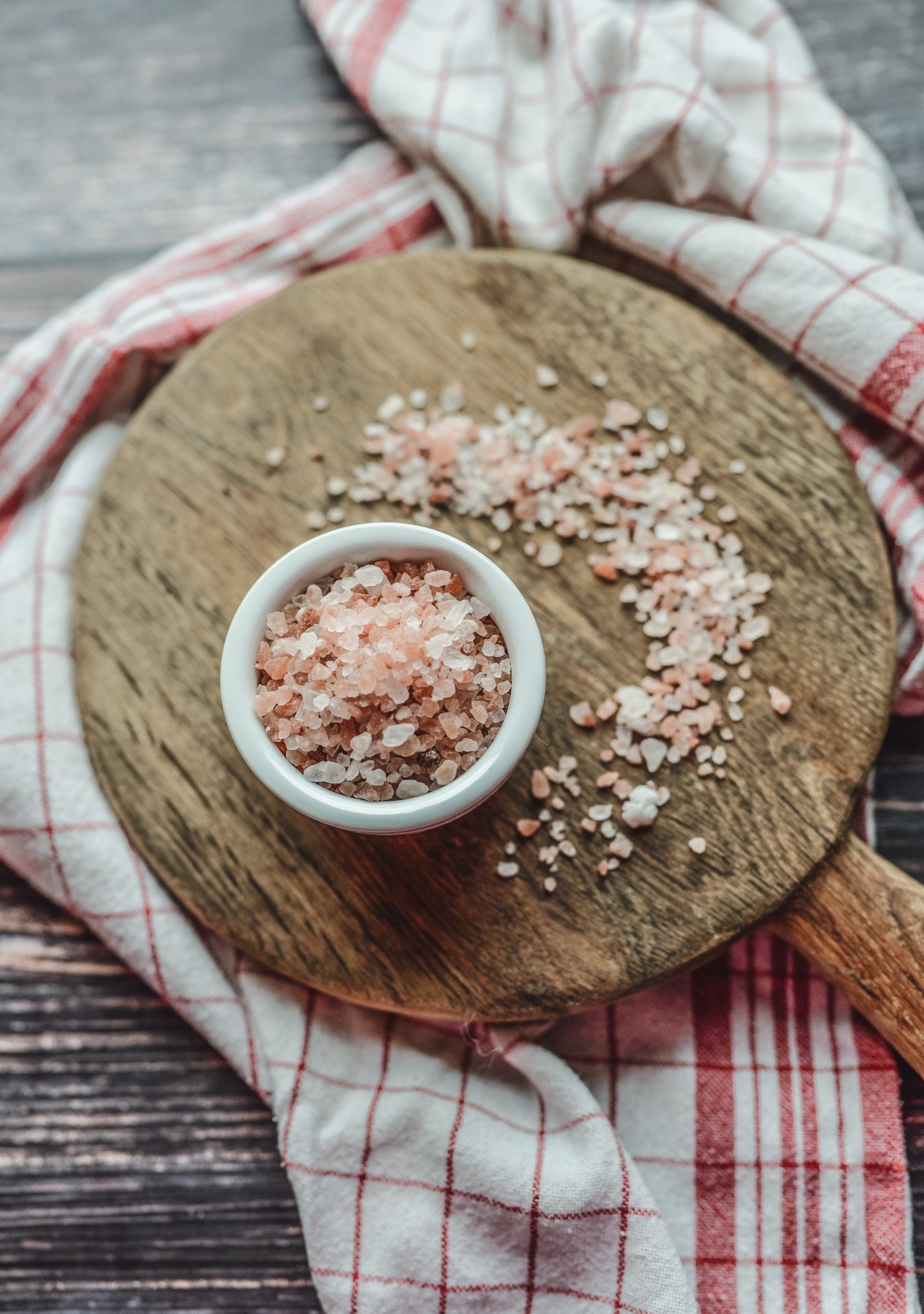Morning sickness
Something that many of us will unfortunately experience in pregnancy to some degree is morning sickness (not quite sure why its called that.. as I’m sure most women who have experienced ‘morning sickness’ will say that it lasts all day!
Generally this nausea begins around 6-10 weeks, and often by the second trimester it has eased.. however for some women these symptoms are suffered the entire pregnancy, and 2% of the population are unfortunate enough to experience hyperemesis gravidarum (HG) which is severe and persistent nausea and vomiting that can often lead to complete dehydration and malnourishment.
Nobody quite knows why morning sickness occurs, it is mainly thought to be due to the sudden hormonal changes in pregnancy.
So, apart from the wonder drug Ondansetron (Zofran) which many women need to take just to survive this difficult time, what else can you do?
-
Eat small, frequent meals or snacks. Most women find that when their blood glucose levels drop (particularly in the morning after they have fasted over night) that nausea is triggered.
-
Keep some nuts or seeds like salted pumpkin seeds next to your bedside for before you get out of bed in the morning, it may just help to reduce the glucose drop and also contains fat and protein which won’t cause a huge glucose spike like crackers will.
-
When you do eat, you tend to want to go straight to plain carbs. This is ok, just try and minimise the additives and crap that are in common carbohydrate products! Eg. try some real fermented sourdough, some fruit, root vegetables or rice.
-
Once you are feeling like you can handle anything other than plain carbs, try and incorporate some protein and fat into your diet to stabilise those blood glucose levels (otherwise you’ll soon notice another glucose drop and the sickness return). Such as a handful of nuts, avocado on your sourdough, some eggs or some meat. Or if you can handle a smoothie, try adding some protein powder (I use Nutraorganics thriving protein which is safe in pregnancy), collagen powder (I also use Nutraorganics collagen) some nut butter (I like Noya Nut Butter), milk or coconut kefir, a frozen banana, 1-2 tsp MCT oil and coconut milk.
-
If you can’t handle your horse tablets (aka prenatal multivitamins) try and break them up through the day in smaller doses, or even blitz them into your smoothie if you can handle that.
-
Try and keep hydrated. This is the most important thing of all! If water is unappealing to you, try and flavour it so it is, such as adding lemon (sometimes the sourness of the lemons settle tummies) or carbonate it (eg sparkling water) as sometimes the bubbles can help settle stomachs. Or, make some homemade ice blocks with a mix of water and cold pressed juice to suck on and keep you hydrated. If you become dehydrated, coconut water is full of electrolytes which can help assist in rehydrating you, adding a squeeze of lime helps make it more palatable. It is very important if you do become dehydrated to speak to your care giver (midwife/obstetrician/GP) as severe dehydration can affect your baby.
-
Incorporate ginger into your diet. Ginger is a medicinal root that improves nausea and vomiting. You can incorporate ginger with ginger root tea (add 1 inch of muddled ginger to hot water and let steep), ginger supplements or my favourite was ginger kefir water – which served added benefits of probiotics and also met my cravings of a ‘fizzy drink’.
-
There is a lot of emerging evidence to suggest that consuming vitamin B6 (in the form of pyridoxal-5-phosphate) can help to ease nausea and vomiting because it supports hormone balance and supports the liver. You can also increase B6 rich foods (if you can handle eating) such as bananas, fish, meat, avocados, broccoli, cashews, lentils and pistachios.
-
Magnesium – I love magnesium for a whole host of reasons in pregnancy, and one benefit is it has been found to reduce nausea in pregnancy. Use in the form of magnesium glycinate or magnesium malate. If you can’t stomach oral magnesium, try a topical version like a magnesium bath or a 100% magnesium spray.
-
Sneak bone broth into meals that you can eat, or drink it plain. It will help to repair your delicate stomach lining after all that vomiting!
-
If you find that in your second trimester you are feeling better, now is the time to really focus on increasing the nutrient density of your meals and work up some of the nutrients you may now be depleted in; predominantly DHA, iron, vitamin B12, choline, vitamin C and zinc.
-
If you can, find your morning sickness triggers and avoid them. For example, I couldn’t stand green vegetables and coffee! (normally two of my absolute favourite things!!)
Hope this information helps you or someone you love, sickness in pregnancy can be completely debilitating and a horrible time. Try and remember in your dark days that it will end. Make sure you ask for help, and don’t feel bad if you literally cannot eat anything except all the foods you know you shouldn’t. Our babies are pretty resilient, and fortunately cope very well; unfortunately it is us mothers that end up depleted, and if this is you, it is very important to really be mindful of your nutrient intake in the postpartum period. You can read more about postpartum nutrition in my Postpartum Wellness Guide
Luka xx
*Use code BOOBTOFOOD for 15% off the entire NutraOrganics range
*Use code BOOBTOFOOD for 10% off the entire NOYA nut butter range.





+ show comments
- Hide Comments
add a comment